Category: History
-
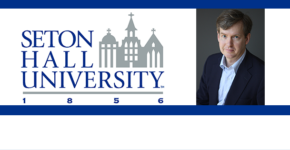
Mark Molesky, Seton Hall University – Gulf of Fire
We hear about The Next Big Earthquake, but what about the one that already happened? Mark Molesky, associate professor in the department of history at Seton Hall University, delves into a tremor of the past. I study a wide range of subjects in modern and early modern European history, with a particular emphasis on intellectual…
-
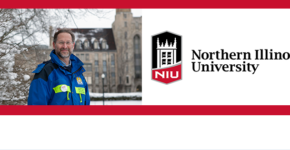
Reed Scherer, Northern Illinois University – Fossils and Rising Sea Levels
Ice sheets are vulnerable to melting in a warming world. Reed Scherer, professor of geology at Northern Illinois University, takes a look back in history to help predict the future. As a youngster in Brooklyn, N.Y., Reed Scherer loved the ocean and the diversity of its creatures. By age 7, he had started collecting fossils,…
-
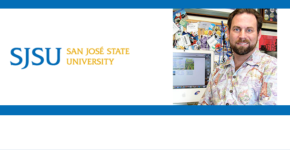
Andrew Wood, San Jose State University – Twilight of the Roadside Motel
We’re losing part of our history. Andrew Wood, professor of communication studies at San Jose State University, details a small part of Americana that’s becoming a thing of the past. Dr. Wood has authored or co-authored books on internet communication, reality television, roadside Americana, and the 1939-40 New York World’s Fair. His 2009 book City…
-

Adam Blackler, Black Hills State University – Germany, Genocide and Namibia
There is still one genocide Germany has not taken responsibility for. Adam Blackler, assistant professor of history at Black Hills State University, says Germany’s actions in Africa need to be recognized too. Adam A. Blackler is an Assistant Professor of History at Black Hills State University. His research explores how colonial encounters in Southwest Africa…
-
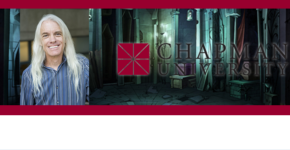
Charles Sohaskey, Chapman University – Vampires and Tuberculosis
This Halloween, be on the lookout for vampires – and tuberculosis. Charles Sohaskey, post-doctoral research faculty at Chapman University, explores if this disease could play a part in the origin of vampire mythology. Charles Sohaskey is the biological safety officer at Chapman University. He also does work at the Veterans Affairs hospital in Long Beach,…
-
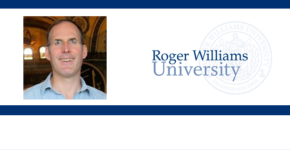
Jeremy Wells, Roger Williams University – Haunted Houses
Is this place haunted? Jeremy Wells, assistant professor of historic preservation at Roger Williams University, delves into our attraction to haunted and decaying places. Areas of Expertise: Historic Preservation/Heritage Conservation, World Heritage, Preservation Law, Community Planning, Place Attachment, Environmental Design and Behavior Research, Social Science Methods Haunted Houses What would Halloween be without haunted houses?…
-
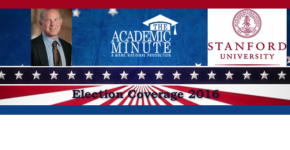
Jack Rakove, Stanford University – Executive Power and the Electoral College
How did the Electoral College come to be? Jack Rakove, professor of history and political science at Stanford University, explores the origin of this sometimes maligned style of election. Jack Rakove is the William Robertson Coe Professor of History and American Studies and professor of political science and (by courtesy) law at Stanford, where he…
-
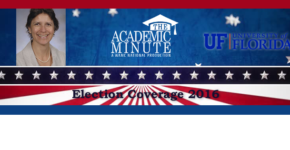
Victoria Pagan, University of Florida – Conspiracy Theories
Could modern conspiracy theories be traced back to ancient Rome? Victoria Pagan, professor of classics at University of Florida, delves into whether ancient examples can relate to present day theories. Professor of Classics at the University of Florida, Victoria Emma Pagán is a University of Florida Research Foundation Professor for 2014-2016 and a recipient of…
-
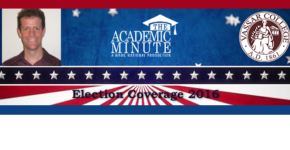
Curtis Dozier, Vassar College – Political Rhetoric
What do Aristotle and sound bites have in common? Curtis Dozier, visiting assistant professor of Greek & Roman studies at Vassar College, examines whether candidates use Aristotle’s teachings when appealing to voters. Curtis Dozier received his Ph.D. from the University of California, Berkeley in 2008 and specializes in Latin poetry, classical rhetoric, and ancient literary…
-

Alistair Evans, Monash University – Predicting Human Evolution through our Teeth
How similar are our teeth to our ancestor’s? Alistair Evans, senior research fellow at Monash University, explores if our ancestors can be identified just by finding some of their loose teeth. Dr Evans is an evolutionary biologist who studies the teeth of mammals. This includes how they break food, how they develop in the…
